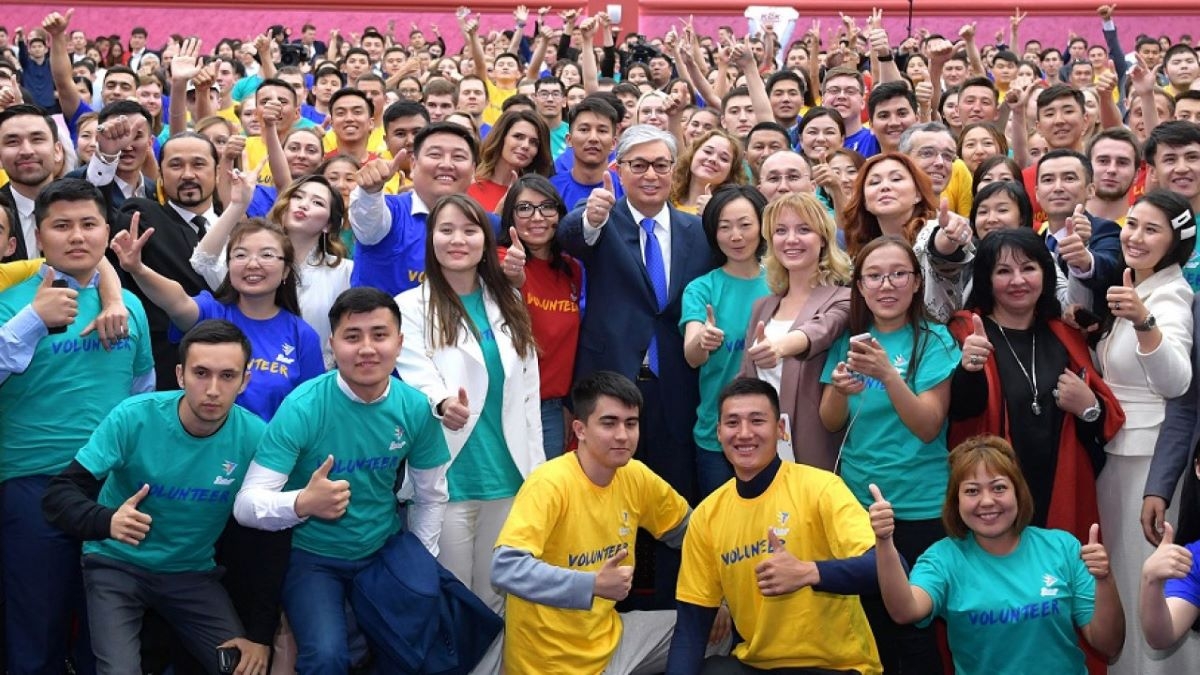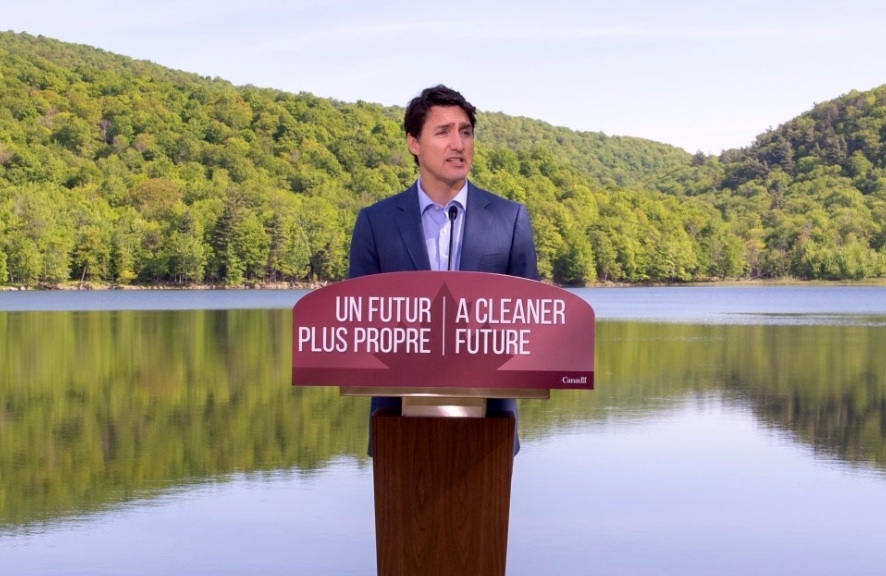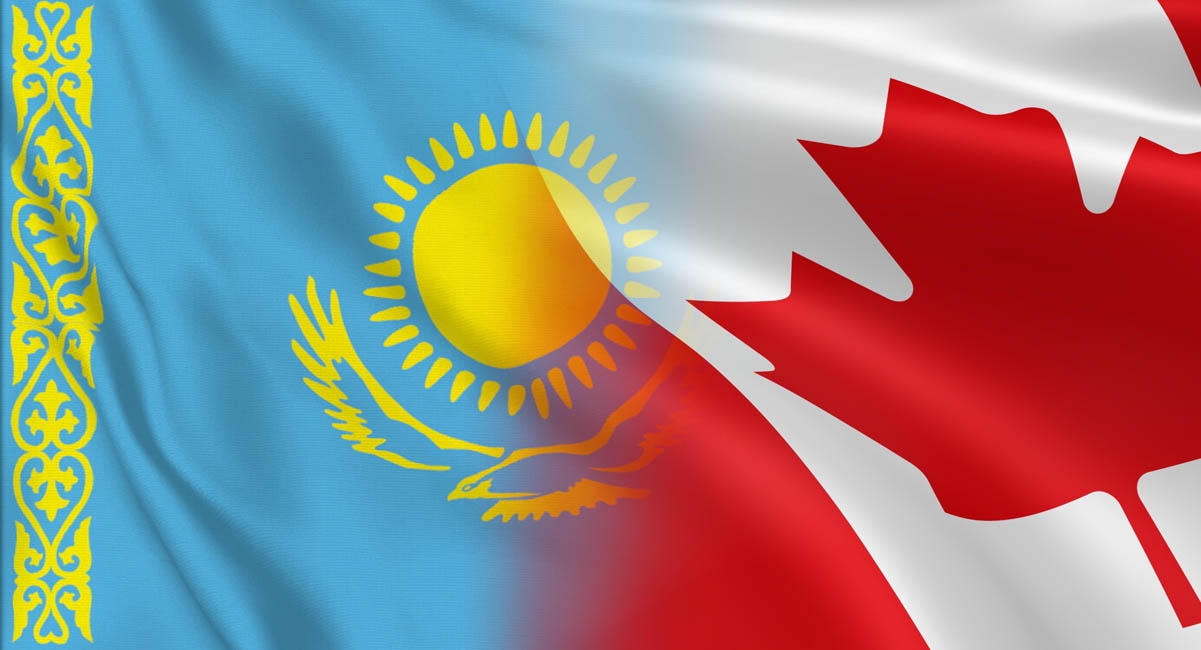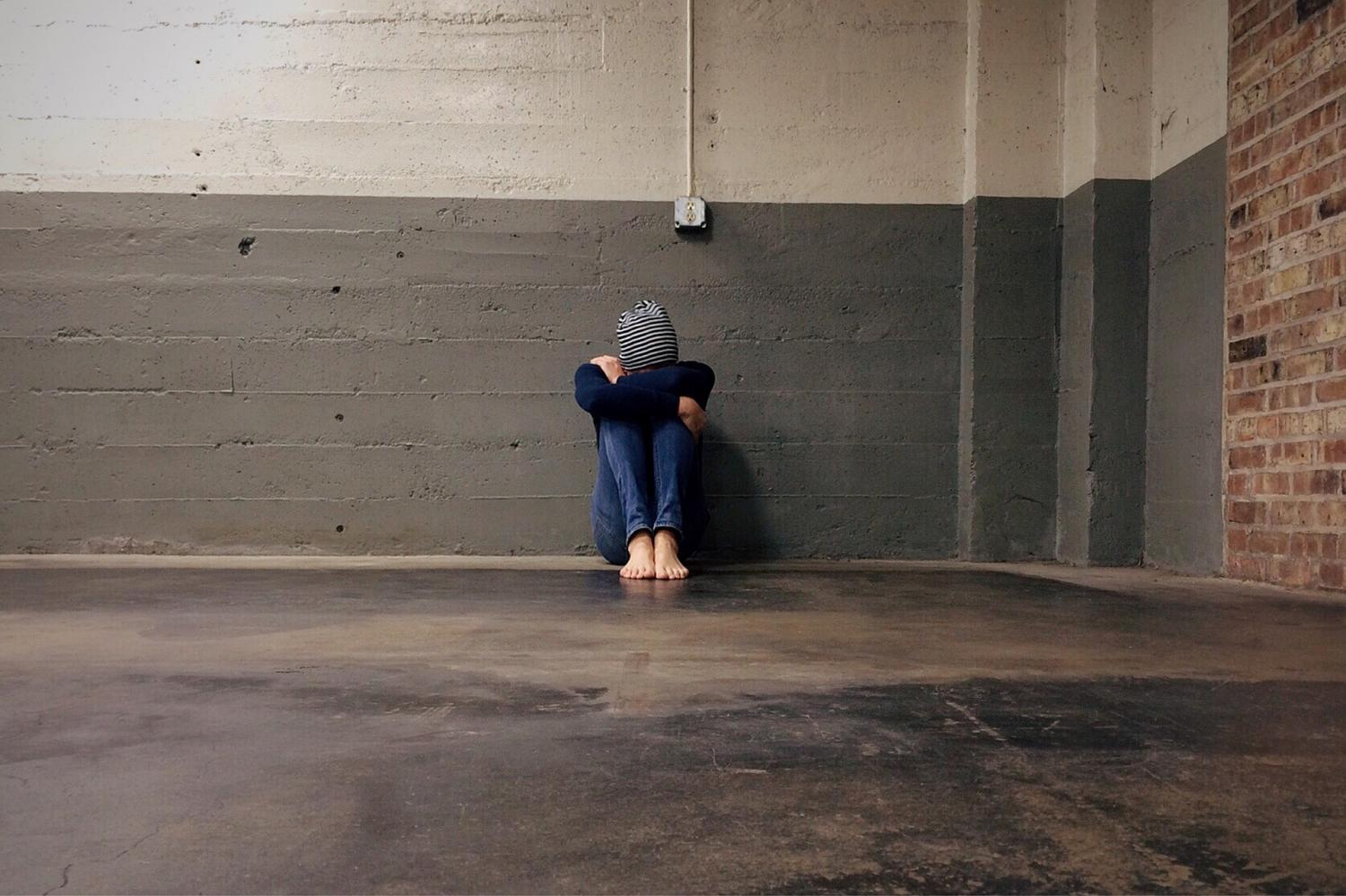
Kazakhstan — the continued long march to liberal democracy
Above: President Kassym-Jomart Tokayev (centre) celebrates the 25th anniversary of the adoption of the Constitution of Kazakhstan, August 2020.
It has been nearly two years since the first president of the Republic of Kazakhstan, Nursultan Nazarbayev, resigned from his office and transferred power to Kassym-Jomart Tokayev, chair of the Senate and fellow member of the Nur-Otan political party. Tokayev called a snap election in June of 2019 and won a clear mandate with over 70 per cent of the vote. The silent majority of Kazakhs continue to support Nur-Otan and Tokayev, for legitimate reasons.
Under former President Nazarbayev, Kazakhstan grew from a post-Soviet country with an uncertain future into a regional success story. The country has continually moved up the UN Human Development Index and now shares the same 'very high' standing as most of Europe and North America for literacy, gross national income, and life expectancy. In the 2020 UN HDR report, Kazakhstan ranked above fellow former Soviet Republic and regional superpower Russia. The governing party has maintained secularism and order in the country while other former Soviet Republics including Uzbekistan, Tajikistan and Russia, battled Islamism and terrorism following the collapse of the Soviet Union.
Despite the progress made since independence and a clear mandate to govern, there were hundreds of anti-government demonstrators arrested on the day of the 2019 presidential election in the capital Nur-Sultan, and in the largest city Almaty. This is more reflective of the growing pains in a newer democracy and showed that, although democratic, Kazakhstan like many countries with democratic systems must adjudicate things according to its own laws when it comes to democratic plurality and protest.
Tokayev, aware of the protests and detentions on election day, commented that there had been wrongful arrests and recommitted himself and his government to improving the democratic processes. True to his word, he has since implemented further reforms including the loosening of laws regarding peaceful protest and assembly. Instead of getting a permit, protesters are now only required to notify the authorities in advance of any protest.
A reduction in the required number of registered members to form a national political party was also passed. Now, parties wanting to participate in an election need only 20,000 registered members- half the previous number. Tokayev also implemented quotas on the number of women and young people partaking in elections to ensure that Kazakh youth are politically engaged.
Although not used since 2003, the government recently abolished the death penalty. Tokayev's government removed former President Nursultan Nazarbayev's daughter from her post as chairwoman of the Senate, alleviating the notion or perception that the Nazarbayev family still pulled strings behind the scenes, and signalling that he had the full power of the office of the presidency, and is willing to use it.
The country's parliament, the Mazhilis, held the first national legislative elections since Tokayev took power in 2019. The Mazhilis has 107 seats of which 98 are elected by via proportional representation. Seven per cent of the vote is required to gain entrance. The remaining nine Mazhilis seats are appointed by the Assembly of the People of Kazakhstan; a political body made to represent the more than 120 different minority and ethnic groups live in the country. These appointments ensure that the many minority groups that make up the population have their grievances and concerns heard and at a national level.
In the January 11th election, Nur Otan maintained a clear majority, winning 76 of the 98 seats. However, two rival political parties slightly loosened the legislative assembly from the governing parties grip. The Ak Zhol Democratic Party, a centre-right party that campaigns as a business party, gained five seats for a total of 12 and The Peoples Party of Kazakhstan, the nation's socialist party, won three additional seats and now has a total of 10.
Due to new legislation to institutionalize opposition in the Mazhilis, a member from each opposition party has been selected to chair a standing committee. The Peoples Party has since had member Alexander Mityutin appointed to chairman of the Committee on Issues of Ecology and Environmental Management. The Ak Zhol democratic party's Yerlan Barlybayev has also taken a portfolio as chairman of the Committee on Agrarian Issues.
The results of this legislature show that parties on the right and left of the political spectrum are gaining popularity, albeit slowly. Nur Otan still maintains a healthy majority.
Since the election President Tokayev has presented to the Mazhilis a package of further political reforms, including lowering the required total amount of the vote to gain entrance to the Mazhilis, from seven to five per cent. He has also recommended strengthening of the Office of the Ombudsman for Human Rights by creating regional branches that will work alongside the government. These reforms, along with the election results, show that Tokayev has taken the principle of democratic reform seriously.
Since President Tokayev came to power in 2019, the Kazakh government has worked hard through deeds and actions to show the international community that the country is not a typical post-Soviet dictatorship like so many of its neighbours, but rather a multi-ethnic state with a strong economy and a will for developing democratic traditions.
President Tokayev has pushed forward with reform to make Kazakhstan even more democratized. The elections of this January and the legislation put forward by the president show that, in spite of the troubles of the last year including the Covid-19 pandemic, Tokayev has not wavered in his desire to further democratize the country that is seen as the former Soviet Union's greatest and possibly most unexpected success story.








